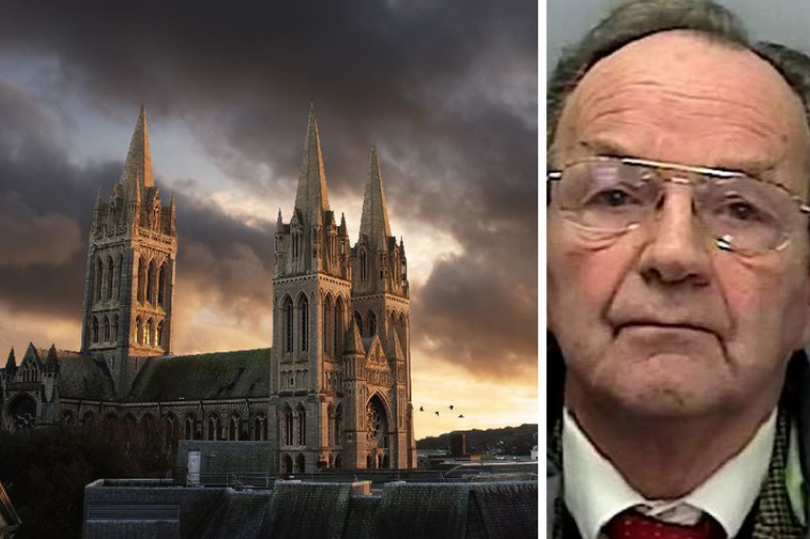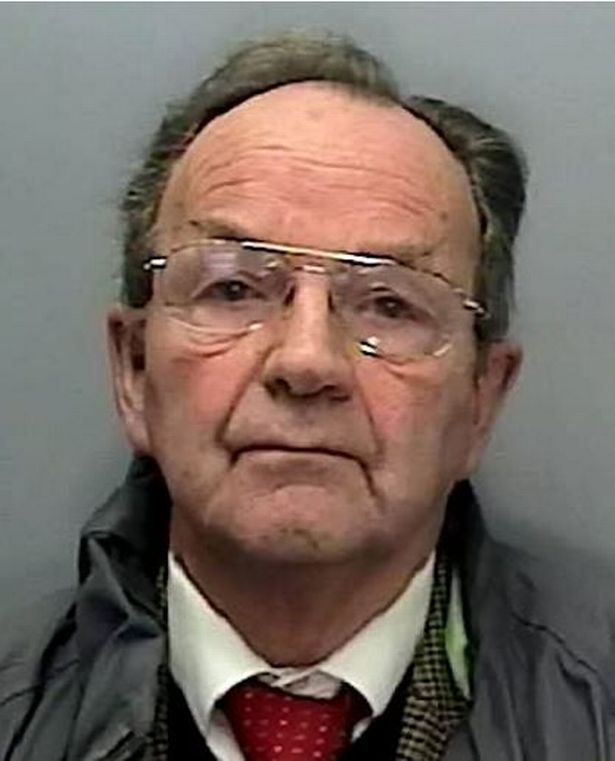Church Knew about Allegations before Cornish Preacher Went on to Abuse Boys, Investigation Reveals
By Martin Freeman
A leading figure in the Church of England in Cornwall went on to commit child sex offences for several years after allegations about his behaviour with young boys were raised with the diocese and not acted upon, an official investigation has revealed. The diocese failed to investigate the accusations against Jeremy Dowling, a lay preacher, allowing him to rise to influential positions including communications officer to the bishop, an independent review for the church concludes. The report, released today, says there were “historic failings” within the diocese in dealing with the allegations, first raised in 1972. There was “ongoing knowledge” of the situation among senior figures in the diocese “well into the 1980s” with references to “a big fat file” on Dowling.
After the first allegations of Dowling abusing boys at a North Cornwall school where he taught were dropped by the Director of Public Prosecutions – because of a lack of corroborative evidence – the then Bishop of Truro Maurice Key wrote: “I suppose the problem will now be to find him some other work”. Dowling became such an important and valued worker and volunteer during a 40-year association with the diocese that a special service of thanks was given in his honour when he retired in 2009. In 2015 he was jailed for seven years after pleading guilty at Truro Crown Court to 15 charges of sexually abusing boys under 16. In 2016 he was jailed for an additional eight years after being found guilty of six further charges of indecently assaulting a boy between 1973 and 1977. Those offences happened when he befriended the boy while a lay preacher at a church in Budehaven – and took place after concerns were first raised with the diocese.
The report’s author said the lack of action by the diocese allowed Dowling to gain credibility and authority. “Because they didn’t take it any further it enabled Jeremy Dowling to reach a position where he made up his own rules, and his position within the church lent him credibility and authority,” said Dr Andy Thompson, an academic, magistrate and member of the Diocesan Council. The Bishop of St Germans, Rt Revd Dr Chris Goldsmith, apologised for the lack of action and the suffering that resulted. “It is a matter of profound regret that we did not investigate matters when they were first brought to our attention and we recognise that because of our failure to act others may have suffered at the hands of Jeremy Dowling,” he said. In the report, Dr Thompson writes: “There was an unacceptable reliance within the diocese on, and probably misunderstanding of, the decision by the DPP [Director of Public Prosecutions] not to proceed with a prosecution. “In 1972 the level of corroborative evidence to bring a successful prosecution of sexual abuse against a child was extremely high. As such very few cases, such as this, were progressed to trial.” This changed when the requirement of corroborative evidence for sexual offences was removed in 1995 by a change in the law, he notes. “However this did not to take away the responsibility of the Diocese of Truro to undertake its own investigation into the allegations and take appropriate action at the time. “No institution or organisation should have relied on a police criminal investigation to make judgements on the conduct of those it employs or engages with. It has its own responsibilities to judge such behaviour. “These judgements are not tied to the criminal standard but to the civil standard, that is ‘are events more likely than not to have happened’ or on the balance or probabilities’,” said Dr Thompson. An expert in criminal justice said the report made “sadly familiar reading” from a time when people in authority did not understand how paedophiles operated and could not comprehend their crimes. “It is the ‘Jimmy Savile’ factor,” said Professor Kim Stevenson, of the Centre for Law and Criminal Justice at the University of Plymouth. “Abusers of children find jobs that put them close to children. Others cannot comprehend what they do or choose not to believe.” She contrasted the situation in Britain with that in Australia where those who concealed or did not act on evidence of a sexual offence faced prosecution. Archbishop of Adelaide Philip Wilson was convicted this week of concealing historic offences by a paedophile priest. “Perhaps there should be something similar, such as a ‘misconduct in public office’ offence,” she said. It was “remarkable” the children Dowling abused while a teacher were able to tell their parents at a time when the subject was taboo but no surprise that a prosecution did not take place because of the corroborative evidence requirement then. “The lack of criminal standard evidence does not absolve an employer of their responsibility to act under civil law,” said Professor Stevenson. The review’s recommendations include the continuance and expansion of safeguarding practices. A spokesperson for the diocese said that in recent years “hundreds of people” had been trained in safeguarding, from church members to staff and clergy and this had been strengthened further since the review research. St Austell and Newquay MP Steve Double said: “The findings... particularly that there was ongoing knowledge of the situation among senior figures in the diocese, with nothing being done well into the 1980s are concerning.” He added: “It is good to see the report conclude that current processes are robust and well thought-out and that safeguarding arrangements have been strengthened since the review was commissioned.” Following the publication of a Case Review into the selection and employment of Jeremy Dowling in the Diocese of Truro after he was convicted of non-recent child sex offences, an NSPCC spokesman said: “This review is disturbingly clear that the Diocese missed opportunities to investigate Dowling at the time he carried out this abuse. “Significant mistakes were made but, thankfully, there has been progress in improving safeguarding procedures since these awful events. “Lessons must continue to be learned and this review’s recommendations must be acted on swiftly. “It is important that victims of child sexual abuse know that they will be listened to if they come forward and report abuse.”
|
.
Any original material on these pages is copyright © BishopAccountability.org 2004. Reproduce freely with attribution.


